4th working meeting with liaison officers of observer states, authorized representatives of CARICC member states and partners
Annual (fourth) working meeting with liaison officers of observer states, authorized representatives of CARICC member states and partners was held on 14-15 November 2019 in CARICC.
Attending the event were representatives of competent authorities and experts from 30 countries and international organizations. Representatives from Afghanistan, Belgium, Canada, Finland, France, Germany, Italy, Iran, Mongolia, Sweden, Turkey, United Kingdom, the United States, UNODC, INTERPOL, OSCE, CSTO, SCO RATS, BKBOP, GCC-CIC and Law Enforcement Academy under the Prosecutor General Office of the Republic of Kazakhstan were also present in addition to CARICC member states.
Addressing the meeting and delivering welcome speeches during opening ceremony were Mr. Grigory Pustovitov, CARICC Director; Mr. Yerzhan Ashikbayev, Deputy Minister of Foreign Affairs of the Republic of Kazakhstan; Mr. Kim Jong Yang, President of the International Criminal Police Organization (INTERPOL); Mr. György Szabo, Head of the OSCE Programme Office in the Republic of Kazakhstan; Mr. Alexander Vadziany, Acting Head of the UNODC Programme Office in Almaty; Mr. Vadim Barchuk, Deputy Director of the SCO RATS Executive Committee; and Mr. Mikhail Melikhov, Adviser to the Department for Countering Challenges and Threats of the CSTO Secretariat..
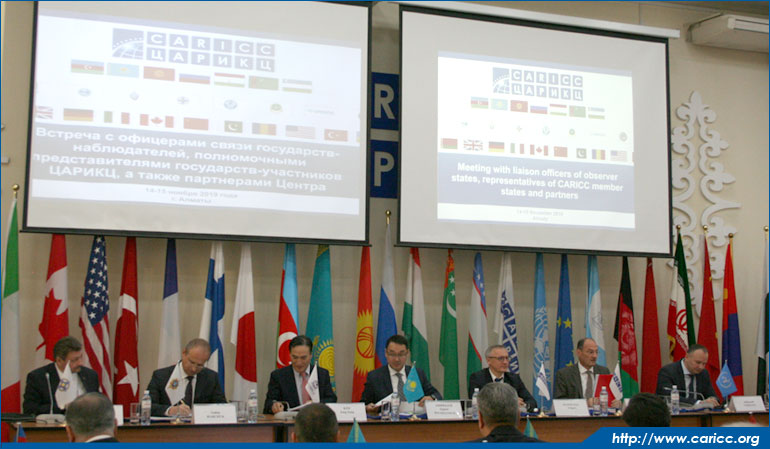
A number of bilateral meetings and consultations took place during the event. In particular, the Director of CARICC and the President of Interpol recognized importance of enhancing cooperation and expressed their intention to develop interaction.
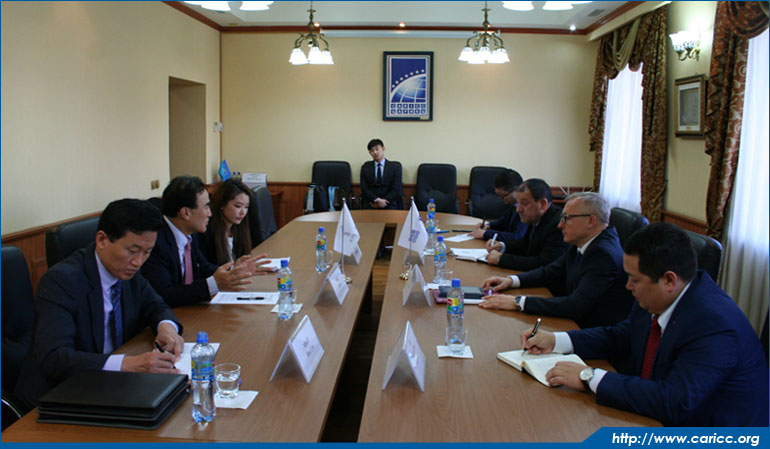
A number of bilateral meetings and consultations took place during the event. In particular, the Director of CARICC and the President of Interpol recognized importance of enhancing cooperation and expressed their intention to develop interaction.
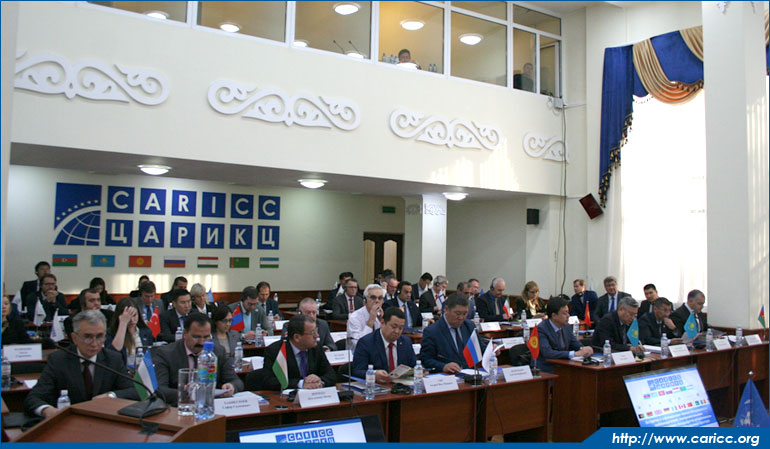
The working meeting included three sessions. Problems and solutions to the problem of combating drug trafficking via the Internet were discussed at the first session.
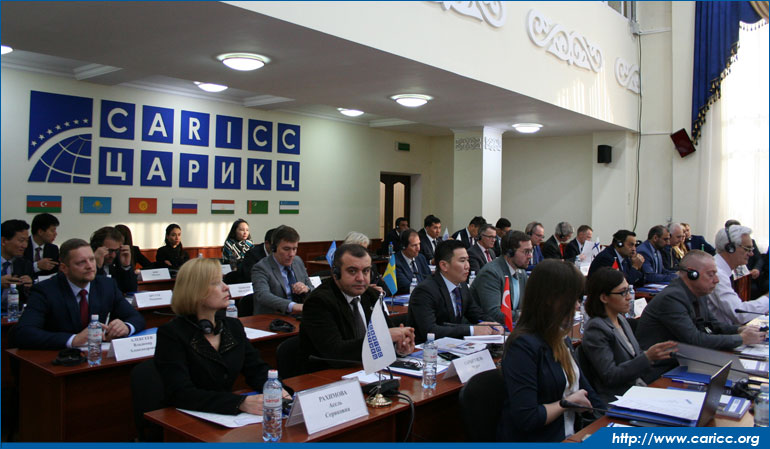
The second session included a comprehensive review of views on countering proliferation of new psychoactive substances and synthetic drugs. The sides considered aspects of joint work within the framework of the CARICC Regional Operation REFLEX.
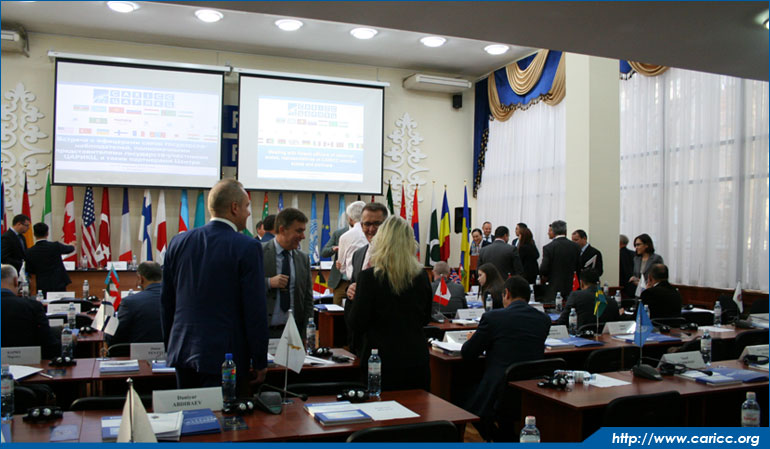
During the third session, scope of action to combat laundering (legalization) of drug proceeds was considered. It was recognized that it is important to implement the CARICC Regional Programme DISRUPTION in the area of inflicting economic damage to transnational drug-related crime.
CARICC
http://www.caricc.org









